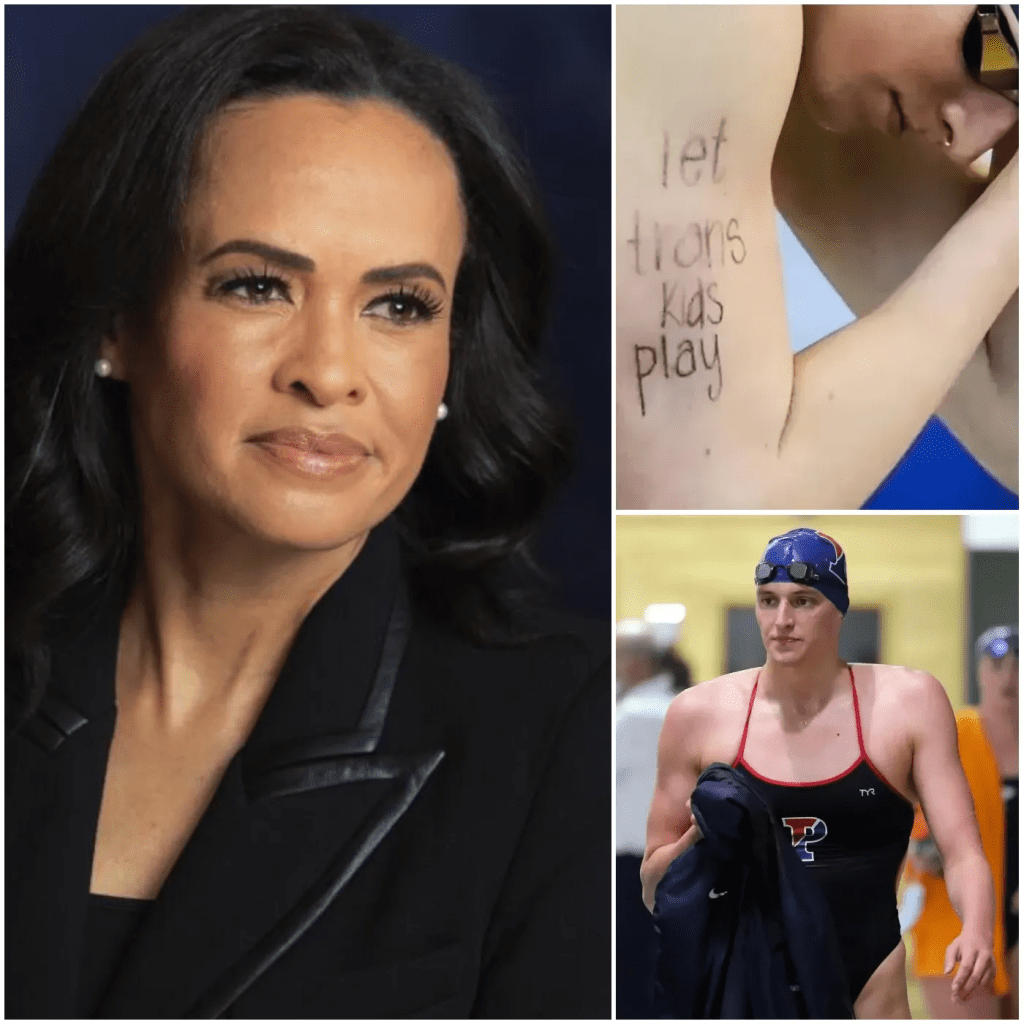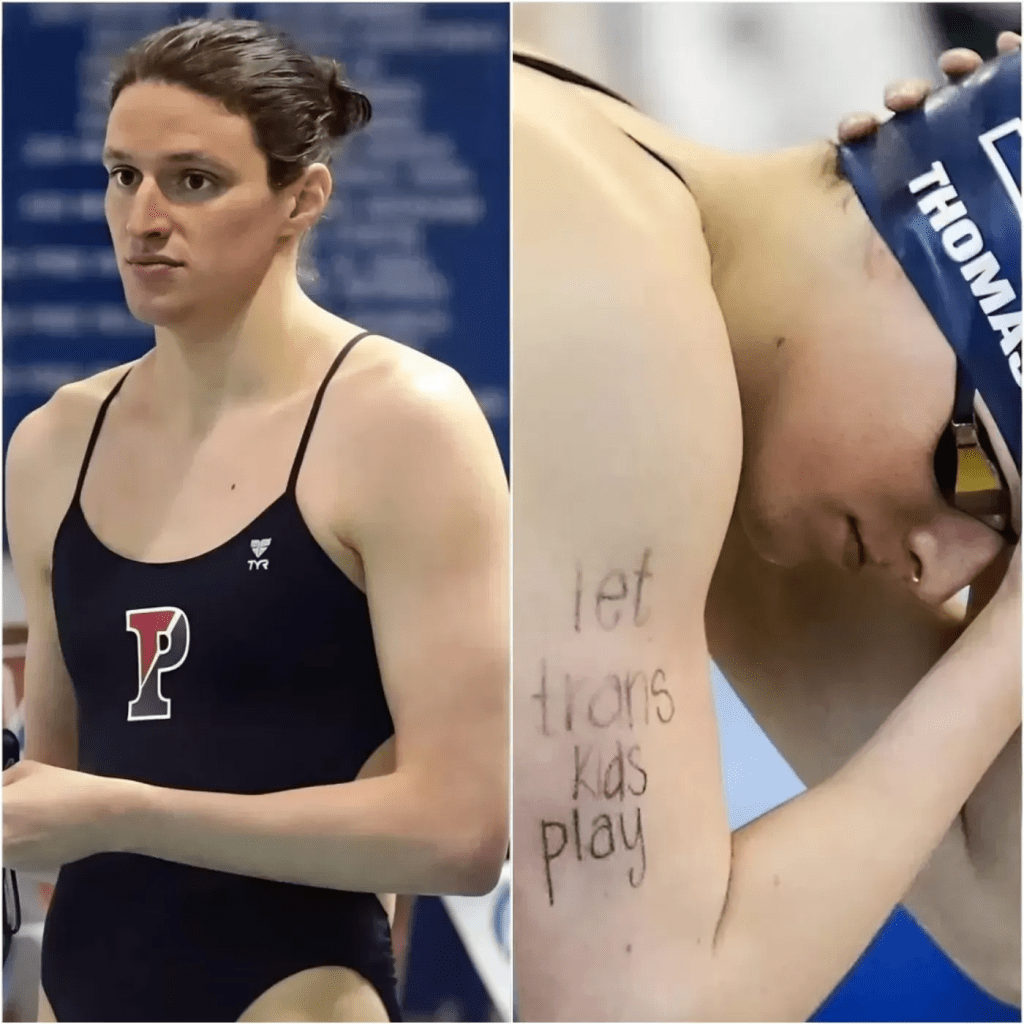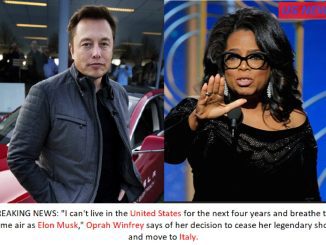In a world that often seems more preoccupied with rules than a hall security guard armed with a new whistle, the International Women’s Sports Federation (IWSF) has made a controversial and attention-grabbing announcement today: Lia Thomas, the transgender athlete who has become a lightning rod for debate, has been banned from participating in women’s sports.

The Elephant in the Room: A Bold Move by the IWSF
Let’s address the elephant in the room—or in this case, the grizzly bear perched on the diving board. Lia Thomas, a transgender woman, has been making waves in the world of swimming for some time now. It seems that every time she dips her toe into the water, the controversy surrounding transgender athletes in sports deepens, pulling us all into the heated debate about fairness, gender identity, and competition.

Now, the IWSF, which perhaps should be renamed to reflect its decision-making prowess, has decided they’ve had enough of this fuss. Like a matador swatting his cape and uttering some dramatic Spanish phrase, they’ve shown Thomas the exit. It seems the Federation felt the need to make a definitive statement that would send shockwaves through the world of sports.
The Decision Behind the Ban: Science and Controversy
The IWSF’s decision came amid the growing tension over the physiological advantages and disadvantages between cisgender athletes and transgender women. The Federation claims their action is based on a “scientific consensus”—an interesting choice of words considering the scientific community’s history of missteps. It’s impossible not to recall the times when the so-called “scientific consensus” led us to believe the Earth was flat or that the universe revolved around our planet. One can only hope that this time, their sources are far more credible.

At a recent press conference, IWSF President Sir Reginald Pompoius III defended the ban with all the elegance of a walrus riding a unicycle, stating, “We just need to level the playing field.” Indeed, it is a particularly novel vision of equality—achieved, apparently, by banning individuals from the playing field entirely. Perhaps someone should gently remind Sir Reginald that “innovative thinking” is what led to the Berlin Wall and the banning of certain groups in history.
The Growing Criticism: A Bureaucratic Nightmare?
As expected, the announcement has set off a wave of criticism. Many argue that this ban is yet another step in a larger trend of overly stringent regulations that could turn the sport into a bureaucratic nightmare. The IWSF’s solution to the issue of transgender athletes? Simply remove them from the equation. Why didn’t we think of that sooner? The solution is so simple, it almost feels medieval. But then again, when your federation sounds like it was named by George Lucas, subtlety is likely not the first thing on the agenda.

While there is certainly a valid discussion to be had about fairness in sports, excluding athletes outright is not the solution. The IWSF, however, seems to have all the subtlety of a charging rhinoceros. Rather than sitting down to craft an inclusive policy that respects the rights of all athletes, they’ve chosen the simpler path of exclusion. This is hardly the kind of progressive solution we’d expect in the 21st century.
Fans and Supporters: A Storm of Reactions
Meanwhile, Lia Thomas’ supporters have responded to the news with the calm and measured response of a cat being thrown into a pool. They have pointed out that Lia has complied with all hormonal regulations and argued that by leaving her out, the IWSF is doing nothing to level the playing field. In their eyes, the decision is not about fairness but about a systemic bias against transgender athletes—a group that already faces significant hurdles in many aspects of life, let alone in competitive sports.
In a time when the world should be championing diversity and inclusion, it seems odd to be having a discussion about banning athletes because they don’t fit a certain mold. Then again, this is the same sporting world that gets enraged every time a football player takes a knee, so maybe we shouldn’t be too surprised.
The Bigger Picture: The Role of Sports in Diversity and Inclusion
As the debate rages on, one can’t help but wonder what’s next for the IWSF. Will they start banning athletes for being too big, too strong, or just too good at their sport? Only time will tell, but it’s clear that the decision to ban Lia Thomas is one that is likely to have lasting implications in the sports world.
This move may please those who believe in rigid definitions of sports categories, but it’s important to remember that sports once celebrated individual achievements, regardless of the athlete’s background or identity. The world of sports has been shaped by legendary figures like Babe Ruth in baseball, Magic Johnson in basketball, and Billie Jean King in tennis—all of whom broke barriers and inspired generations. The spirit of sport was meant to celebrate those who push boundaries, not to exclude them based on their identities.
The IWSF’s Missed Opportunity: Fairness and Inclusivity
In their attempt to ensure a level playing field, the IWSF seems to have missed the very essence of what sports should represent: competition, diversity, and inclusion. The ban on Lia Thomas could be seen as a worrying sign of the times or a rash decision by a governing body with the subtlety of a bull in a china shop. Either way, it’s a decision that will continue to resonate in the world of sports for some time.
At the end of the day, this decision highlights a broader issue—one that goes beyond the world of sports and touches on questions of identity, equality, and the way we define fairness. As we move forward, the world of sports must find a way to evolve that respects both individual athletes and the principles of inclusion that many people hold dear. Whether or not you agree with the IWSF’s ban, it serves as a reminder that we still have a long way to go before we can truly claim to understand what fair play means in a complex, diverse world.


